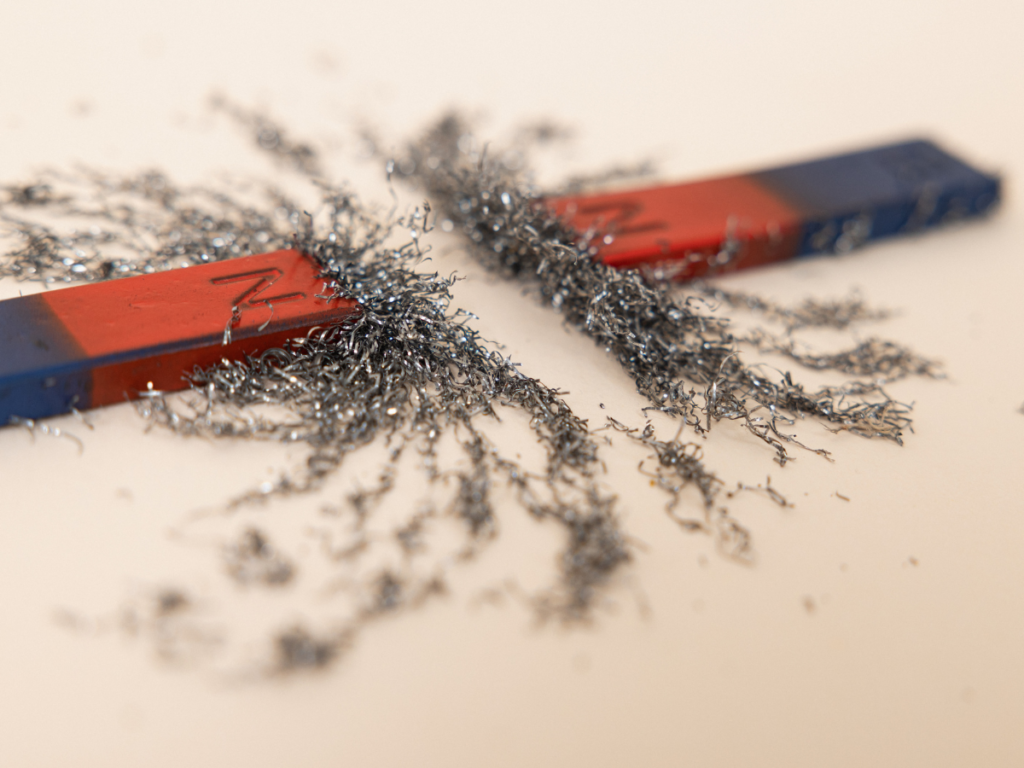Marketing has always sparked debate over whether it’s more of a science or an art. Let’s delve into both perspectives to better understand this intriguing balance.
The Science of Marketing
Marketing leans heavily on science due to its foundation in disciplines like psychology, neurology, and data science. Here’s why:
- Understanding Human Behavior: Marketers study buyer intent and psyche, requiring knowledge of psychology.
- Triggering Emotions: Crafting messages, visuals, and designs to evoke specific emotions demands insight into how the brain reacts to stimuli like greed, ego, or status.
- Data-Driven Decisions: Technology provides a wealth of data on customer journeys, intent, and habits, making analytical skills essential.
Precision in Marketing
Science relies on precision, often represented through formulas. For example, in physics, E = mc² is an exact formula. In chemistry, 2H₂ + O₂ = 2H₂O perfectly describes water formation.
But can marketing be as precise? Let’s explore with a hypothetical example:
The Marketing Formula
Suppose your marketing plan aims to generate 100 inbound leads using:
- $5000 on Google Ads
- $5000 on LinkedIn Ads
- Strong SEO practices
This formula would look like:
$5000 (Google Ads) + $5000 (LinkedIn Ads) + Strong SEO = 100 Inbound Leads
However, at the end of your campaign, you achieve only 65 leads.
Adjusting the Formula
In science, formulas are refined when the output doesn’t match expectations. Similarly, in marketing, adjustments can be made:
Example 1:
$7500 (Google Ads) + $7500 (LinkedIn Ads) + Strong SEO = 100 Inbound Leads
By increasing ad spend, the target is achieved.
Example 2:
$6000 (Google Ads) + $6000 (LinkedIn Ads) + Strong SEO + Improved CTA = 100 Inbound Leads
Here, a slight increase in ad spend coupled with a better Call-to-Action (CTA) acted as a catalyst.
This approach highlights the scientific nature of marketing, emphasizing precision and variable adjustments.
Science Meets Art
While marketing employs scientific methods, it’s not entirely formulaic. Intuition and creativity play a vital role in:
- Timing campaigns to perfection
- Crafting compelling narratives
- Assembling all elements in the right proportion
The Final Verdict
Marketing is both a science and an art. The science lies in data analysis, behavioral insights, and precision. The art emerges in creating emotional connections, blending activities seamlessly, and responding intuitively to challenges.
For me, marketing is ultimately an art, requiring exposure, experience, and an innate feel for what works.

